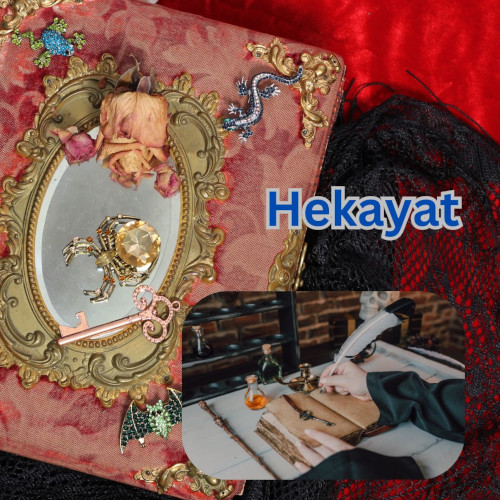Hekayat 16 from Chapter 7 of Golestan of Saadi

English Translation for Hekayat
A pious man passed by a wealthy nobleman who was punishing a servant by binding his hands and feet tightly. He said, “Oh son, God Almighty has granted you authority over another of His creations and has given you a higher station. Show gratitude for this divine blessing and do not oppress him so harshly. It is possible that on the Day of Resurrection, he may be in a better position than you, and you might feel shame.”
"Do not harbor much anger against a servant,
Do not oppress or hurt his heart.
You bought him for a few dirhams,
But did not create him by your power.
How long will this arrogance and anger last?
Remember, above you is a greater Lord.
O master of Arslan and authority,
Do not forget who commands you as well."
It is narrated from the Prophet, peace be upon him, that he said, “The greatest regret on the Day of Judgment will be for a righteous servant who is taken to paradise, while his sinful master is taken to hell.”
“Do not unleash boundless anger upon a servant
Or be quick to rage without limit.
For it will be disgraceful on the Day of Reckoning—
The servant free and the master in chains.”
متن حکایت
پارسایی بر یکی از خداوندان نعمت گذر کرد که بندهای را دست و پای استوار بسته عقوبت همیکرد. گفت: ای پسر همچو تو مخلوقی را خدای عز ّو جل اسیر حکم تو گردانیده است و تو را بر وی فضیلت داده شکر نعمت باری تعالی به جای آر و چندین جفا بر وی مپسند، نباید که فردای قیامت به از تو باشد و شرمساری بری.
بر بنده مگیر خشم بسیار
جورش مکن و دلش میازار
او را تو به ده درم خریدی
آخر نه به قدرت آفریدی
این حکم و غرور و خشم تا چند
هست از تو بزرگتر خداوند
ای خواجهٔ ارسلان و آغوش
فرمانده خود مکن فراموش
در خبر است از خواجهٔ عالم صلی الله علیه و سلم که گفت: بزرگترین حسرتی روز قیامت آن بود که یکی بندهٔ صالح را به بهشت برند و خواجهٔ فاسق را به دوزخ.
بر غلامی که طوع خدمت توست
خشم بی حد مران و طیره مگیر
که فضیحت بود به روز شمار
بنده آزاد و خواجه در زنجیر


